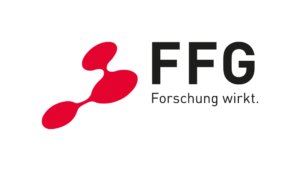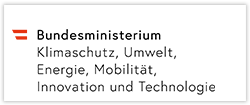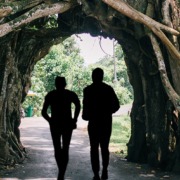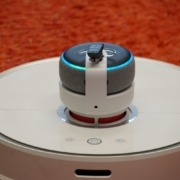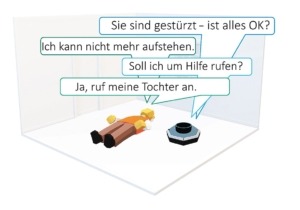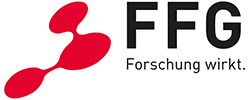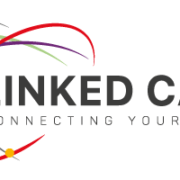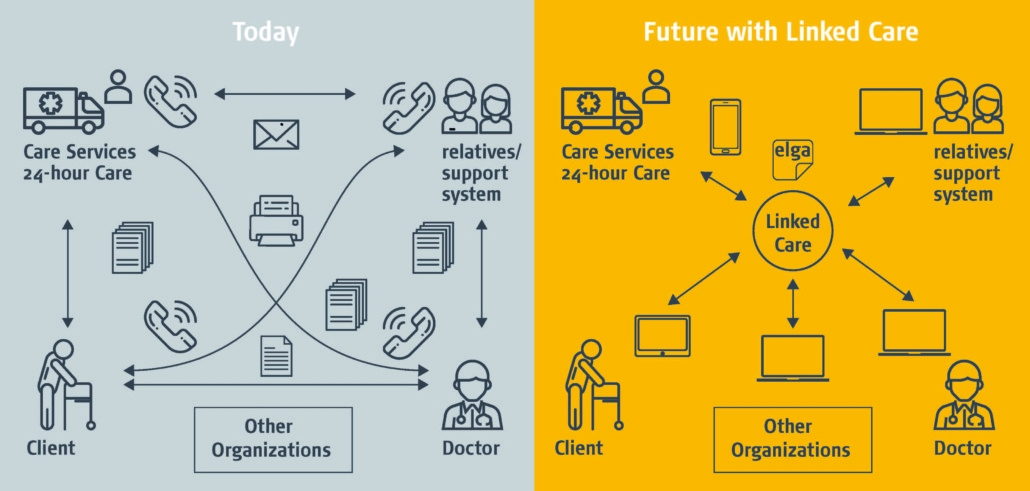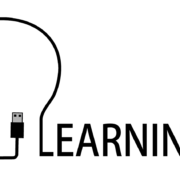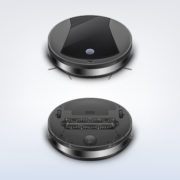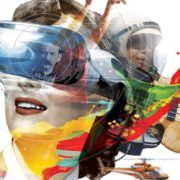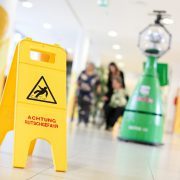KliMate – Conveying climate and health literacy by promoting active mobility and physical activity
The KliMate project’s aim is to promote the health, social participation and general climate adaptation of older people by means of individually tailored recommendations and social mediation formats for active mobility and physical activity. To this end, a participatory approach is being developed for promoting physical activity by means of an individual approach as well as a group-based format (café and storytelling sessions) for teaching climate and health skills that contribute to climate-friendly physical activity promotion. By increasing active mobility and social participation, the aim is to counteract the psychological and physical consequences of climate change (anxiety, depression, loss of sleep, cognitive decline, deterioration in cardiovascular health).
The positive potential of KliMate for older people lies in promoting health by increasing health literacy and active mobility through personalised exercise recommendations.
This also includes health protection, especially in relation to heat, other extreme weather events and pollen.
KliMate also contributes to the empowerment and self-empowerment of older people by promoting climate, health and digital skills.
Project partners: AIT Austrian Institute of Technology GmbH (Projektlead), GeoSphere Austria – Bundesanstalt für Geologie, Geophysik, Klimatologie und Meteorologie, Karl Landsteiner-Gesellschaft – Verein zur Förderung der medizinisch-wissenschaftlichen Forschung, NOUS Wissensmanagement GmbH, Studio Dankl, Universität für Bodenkultur Wien
Duration: January 2024 – June 2026
Funds: FFG – Digitale Lösungen für Mensch und Gesellschaft 2022-2: Klimawandel & Gesundheit
The FFG is the central national funding organization and strengthens Austria’s innovative power. This project is funded by the FFG. www.ffg.at
